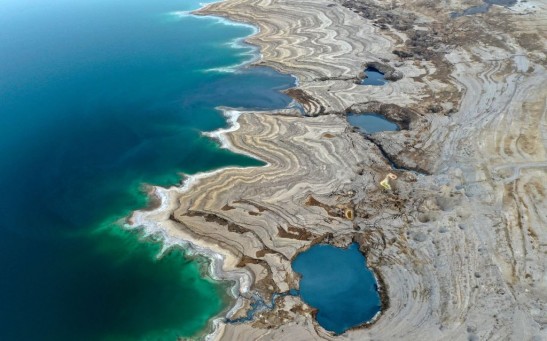Salt
Micro-Sized Camera as Big as a Grain of Salt Can Be Used to Diagnose and Treat Diseases
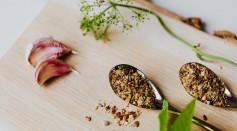
Extra Teaspoon of Herb Seasoning Could Lower Blood Pressure, Improve Heart Health Without Removing Salt in Food
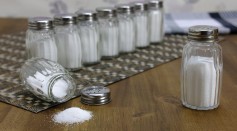
How Much Salt Should a Person Take Each Day? Cutting Sodium Intake Decreases Risk of Cardiovascular Disease
Did NASA Just Find Possible Organic Salt on Mars?
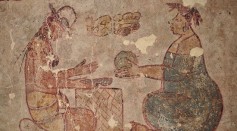
2,500-Year-Old Mural is the Earliest Record of Salt as a Commodity Among Mayans
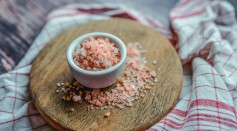
Is Pink Salt Actually Healthy?
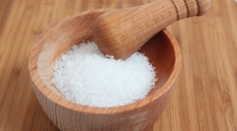
Hexagon Salt: Common Table Salt May One Day Power Electric Cars

NASA-Funded Research Leads to the Development of Salt-Based Propellant
Evidence of Table Salt Found in One of Jupiter's Moons
Road Salt Kills the North American Water Source; High Chloride Level Affects 47 Freshwater Lakes
Road Salt Is Threatening North America's Freshwater Lakes
Science Explains Why Australian Lake Turns Pink
Salt Marshes Are Threatened To Disappear As Sea Level Rises
Too Salty: CDC Warns Packaged and Processed Food Contain Too Much Salt
Most Popular

How Technology Is Changing the Real Estate Industry?

Nikolay Karpenko Biography, Photo, Career, Accomplishments

How a Plant-Based Diet Can Protect Against Breast Cancer: Insights from Nutrition Research

The Role of AI in the Next Generation of Logistics: Insights from Tobias Waldhecker

